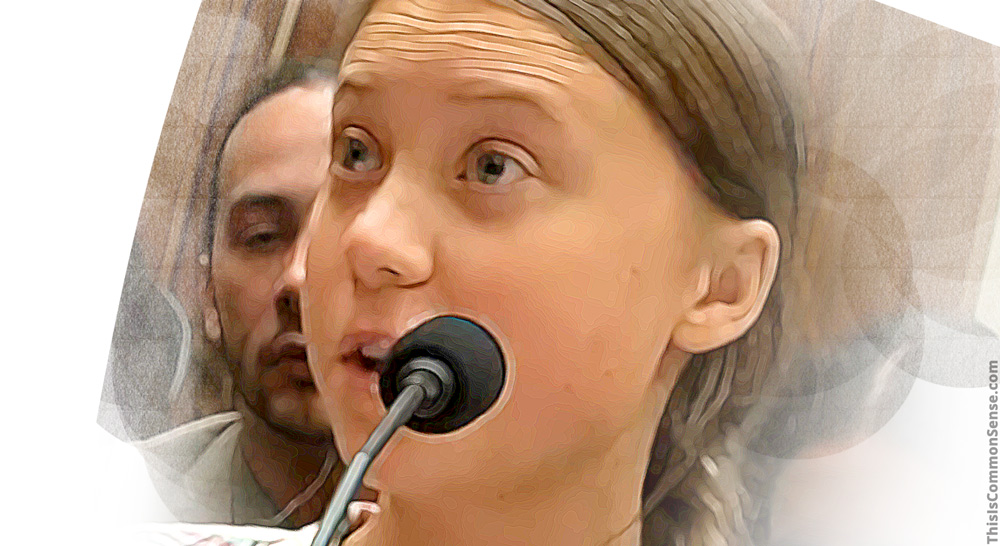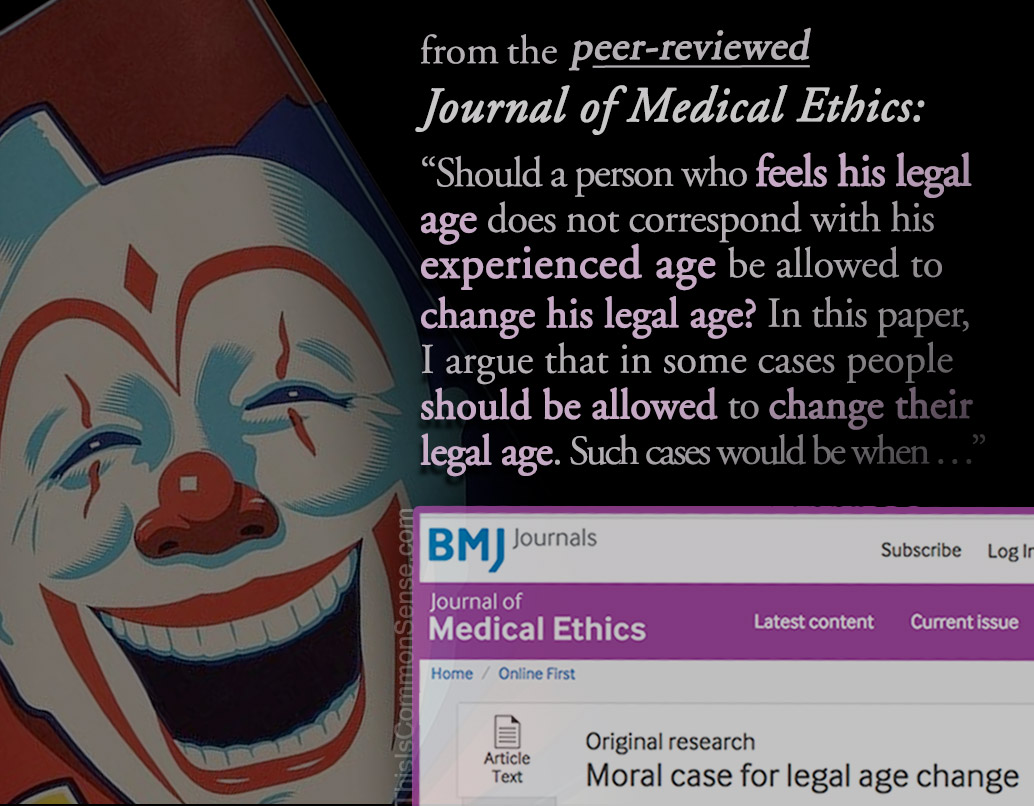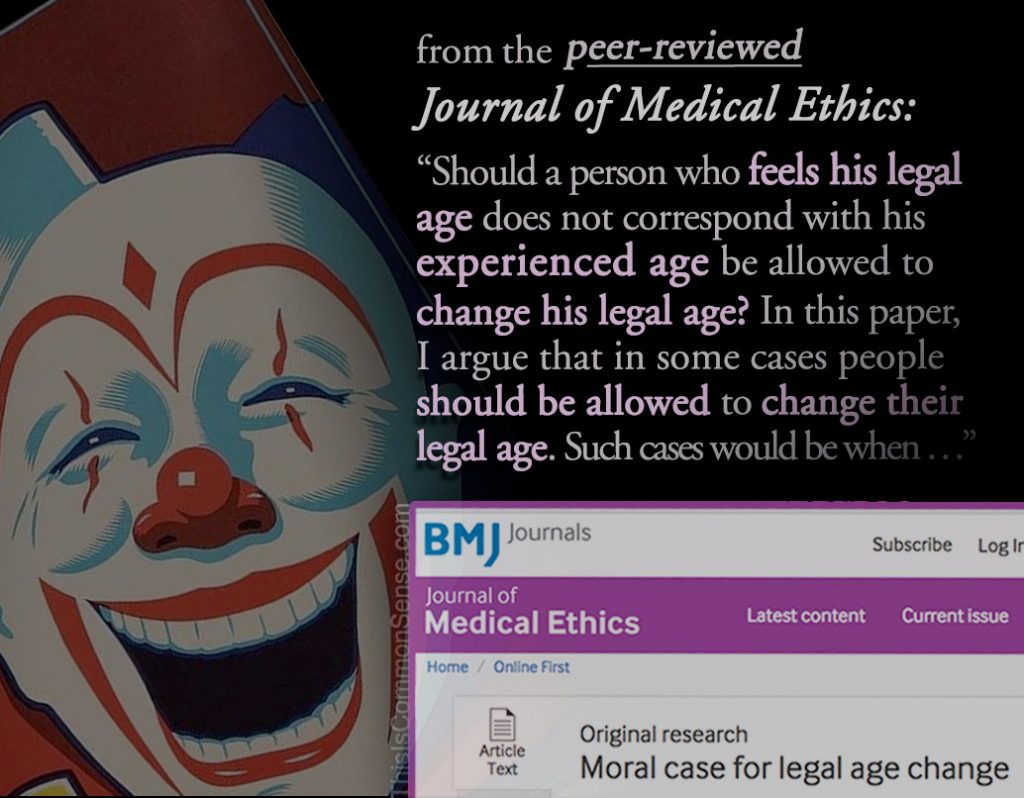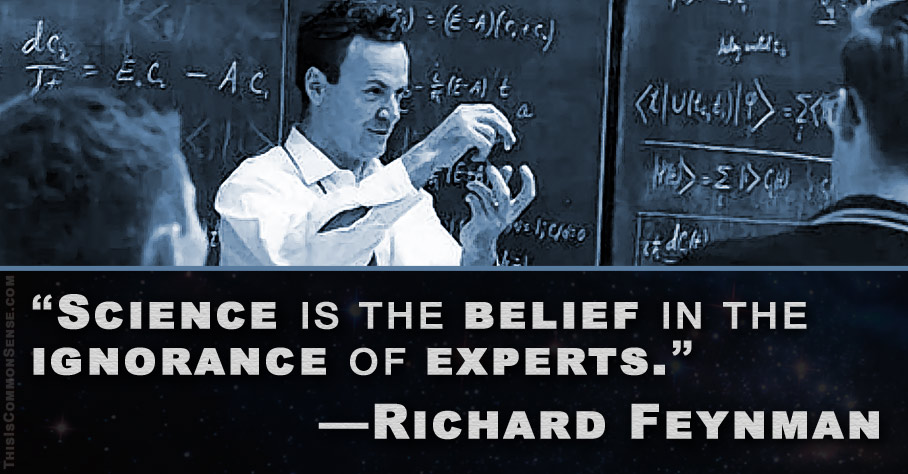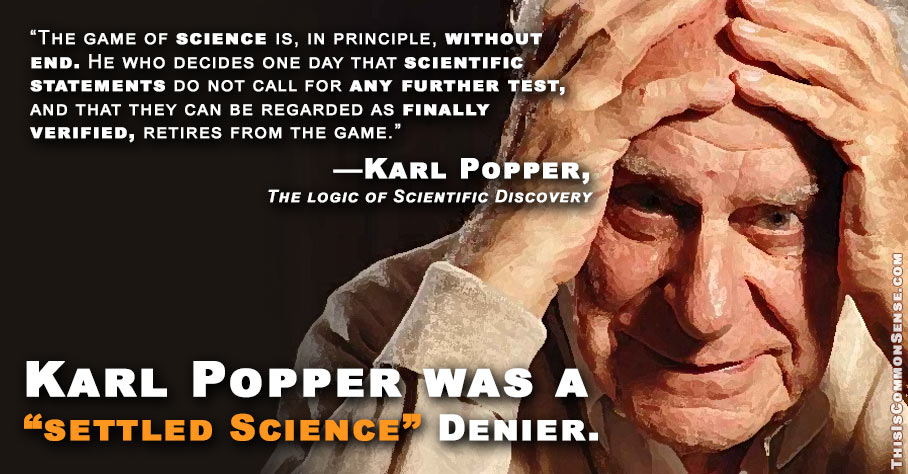“Scientist” — what an abused term! When a journalist needs an authority to write about some nutty, wildly improbable affront to common sense, a “scientist” will do.
Case in point, turn to Newsweek:
“Tanning salons are more likely to be located in U.S. neighborhoods with higher numbers of same-sex male couples,” writes Kashmira Gander, “according to scientists who fear the industry could be targeting the demographic.”
Well, since gay men — for a variety of reasons surely no one will dispute, and which we need not trouble ourselves with — are more likely to use such services than straight men, one might expect marketers to “target” a likely clientele.
But why the “fear”?
Well, don’t panic, but “[t]anning beds are dangerous. They double your risk of skin cancer. Over time, they also cause wrinkles, skin aging, uneven skin texture and dark spots, so even from a cosmetic standpoint, no one should be using them.”
Well, that latter is not a scientific finding. It is up to consumers to decide what acceptable levels of risk they will take to make themselves appealing for the opposite sex, or — in this case — the same sex.
If scientists made fewer moral and political pronouncements, sticking to statements that they can defend with facts and findings, not only would Newsweek and other magazines be easier to bear (I cannot guarantee more subscribers and newsstand sales, alas), but science itself might gain a bit more credibility.
As it is, it is teetering.
Or so some “studies have shown.”
As for me, I’m not gay, but I am married … and a former redhead. Tanning salons don’t profitably pitch their services to me.
Not because of science, but …
Common Sense. Which this is. I’m Paul Jacob.

Original image by Alexis O’Toole
—
See all recent commentary
(simplified and organized)

